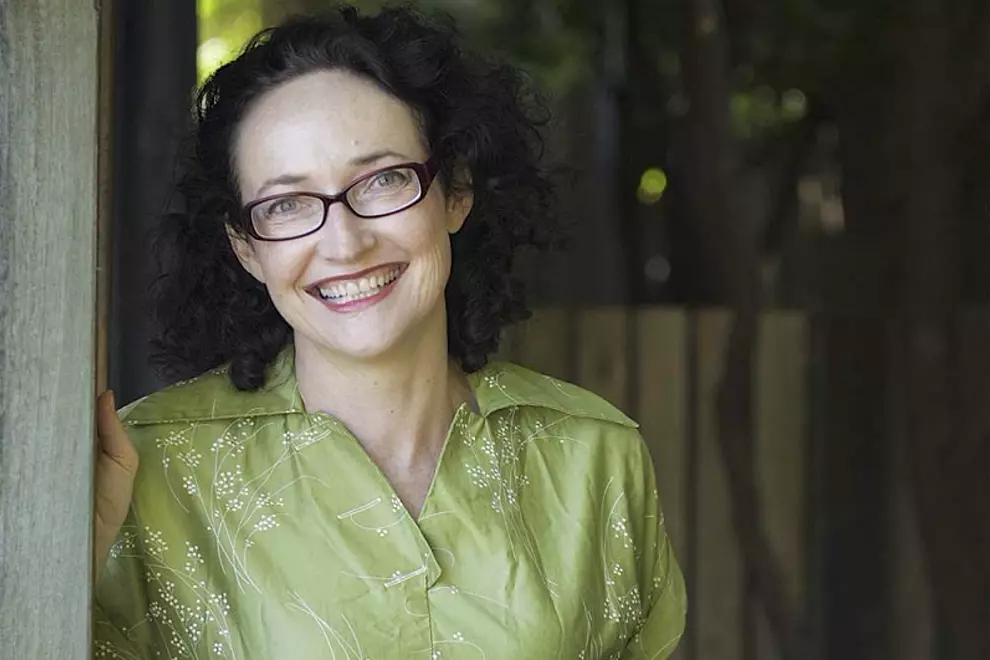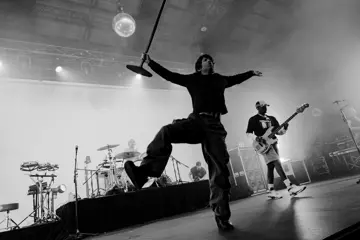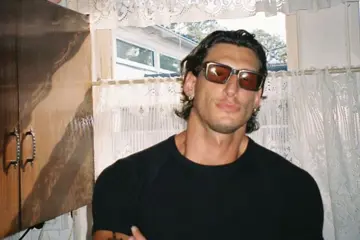Nelle Tritton should be an Australian icon.
A traveller and journalist, Tritton lived a life more likely created for a movie than a real-life Brisbane daughter born in 1899.
With a poetry book published when she was just 21 to show off and a budding journalism career, Tritton sailed to Europe where she would make friends with Russian writers and expatriates. A marriage to a Russian opera singer and then a divorce followed, then another marriage, this time to former Russian Prime Minister Alexander Kerensky. After fleeing the Nazis in France, Tritton and Kerensky fled to America but just before Tritton's death, returned to live in Brisbane for a short while.
Despite a life of derring-do and intrigue, like countless women all throughout history, Tritton has all but disappeared.
Over the last couple of years Katherine Lyall-Watson, a fellow writer and daughter of Brisbane, has been doing her best to bringing Tritton's story to light.
"Did you know about the Brisbane socialite who married an exiled Russian Prime Minister and saved him from the Nazis?'"
"I was approached by artists who had started their own company [Three Sister Productions]. They asked if I would be interested in being commissioned to write a play for them and they said they'd heard this amazing story," Lyall-Watson explains.
"They put me together with a Russian researcher, Elena [Volkova], and she was the woman who had found the story. She sat down with me and said, 'Did you know about the Brisbane socialite who married an exiled Russian Prime Minister and saved him from the Nazis?' and my jaw just hit the floor."
Don't miss a beat with our FREE daily newsletter
After four years of research Lyall-Watson was finally ready to start crafting together her version of Tritton's story. Even then there was only a small amount of information to be uncovered, so Motherland weaves together Tritton's story with Volkova's and Nina Berberova, a Russian writer and contemporary of Tritton's.
"I think there's a hunger for stories about strong women, certainly from other women," Lyall-Watson says.
"I know I'm tired of seeing shows where women are purely there as objects of desire. Too often, on both stage and screen, women are there only to support the male characters. They have no story lines or desires of their own.
"It's been an absolute joy to write a play about three passionate, strong, intelligent women. And to see amazing mature actors in the roles who bring so much depth and artistry to the parts."
To ensure women's stories continue to be told Lyall-Watson has set up her own creative company, Belloo.
But Motherland isn't just telling the stories of its three central, female characters. As the title suggests, Motherland is also very much about displacement and a person's sense of home.
"I think it goes beyond Australia. I think, worldwide, now is a time to think about exile and displacement," Lyall-Watson says.
"In Motherland, some of the characters have to flee their homes because of revolution and war and some choose to leave because they are searching for something more in their lives. I think that whether you've fled in danger or left to search for a better life elsewhere, there comes a time when your place of birth calls to you and you long for family and old friends, or even for a particular light in the sky and smell in the air."
















